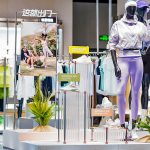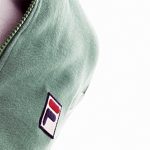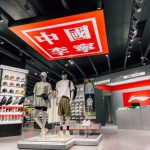Recent Trump tariff actions have prompted at least one more non-U.S. brand to reconsider temporarily shipping goods into the U.S. market.
On the heels of a decision by Rip Curl and Oboz parent KMD Brands, based in New Zealand, to re-direct inventory to other international markets, now it is “responsible outdoor clothing” brand Passenger, based in the UK, considering a similar move.
“Passenger has seen rapid direct-to-consumer growth in the U.S. over the last two years and has a large pipeline of wholesale orders building from retailers such as REI, Scheels, Backcountry, and outdoor specialty stores,” commented Jon Lane, CEO of Passenger. “However, with U.S. tariffs increasing so rapidly and being so volatile, this has turned the U.S. from a great opportunity to a risky proposition.”
Passenger said it grew net revenue 76 percent in 2024 to $74 million, up from $43 million in 2023. Its fastest-growing region is Europe, and the business has a large customer base in the UK, where it began 13 years ago.
“Given the success Passenger is seeing in the European market, the brand has shifted resources and rerouted stock that planned for the U.S. to deliver against strong demand in Germany, France, the Netherlands, Belgium, and the UK,” the company said in a media release.
Passenger reported numerous production partners and recycled fabrics based in Asia, and the company has seen average duties and tariffs climb to over 50 percent. “This means for every $1 million of stock landed in the U.S., the Passenger business will be responsible for a further $500,000 in duties and tariffs on day one alone,” the company claimed.
“Although Passenger was looking forward to scaling in the U.S., given the opportunity in Europe, where we are seeing triple-digit growth in some countries and a stable business environment, we’re confident that this shift in focus will enable Passenger to deliver on its ambitious plans,” Lane added.
“We’ve spoken to all our key retail partners in the U.S. and appreciate their positive feedback and long-term support,” Lane continued. “Like many others, we’ll be keeping a close eye on the U.S. over the coming months to see if tariffs are reduced to a sustainable level and if the landscape has become more settled.”
Image courtesy Passenger
















